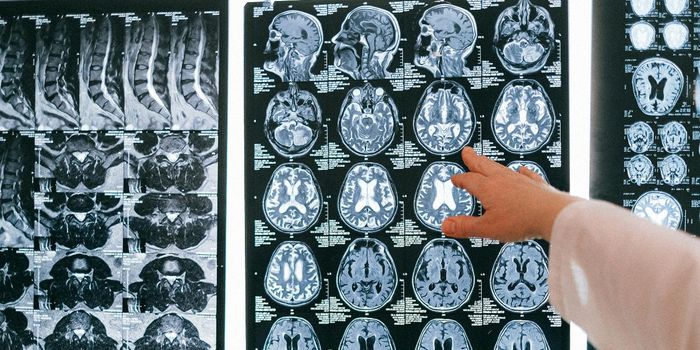Positive Adult-Child Bond Linked to Less Depression Adulthood

For the study, the researchers examined data from the Boricua Youth Study, which included 2004 Puerto Rican children from the South Bronx, New York, San Juan, and Puerto Rico. They were followed from ages 5-17 years between 2000 and 2003 and ages 15- 29 years between 2013 and 2017.
The researchers assessed the participants for adverse childhood experiences, such as physical or emotional abuse, neglect, caregiver mental illness, death, or incarceration, at three points throughout their childhood. They also assessed them for seven sociocultural factors linked to resilience, including social relationships– such as maternal warmth and friendships, and sources of meaning, including familism and family religiosity. Mental health outcomes were assessed in early adulthood.
Ultimately, the researchers found that positive parent-child relationships and nonparental adult support during childhood were linked to lower perceived stress and lower risk of major depressive disorder and generalized anxiety disorder in young adulthood. Maternal warmth was also linked to lower perceived stress in early adulthood.
They further reported that none of the resilience factors were linked to substance use disorder, and that familism, friendships, and family religiosity were not linked to mental health outcomes. Higher family religiosity, however, was unexpectedly linked to more perceived stress in the presence of higher adverse childhood experiences.
“With factors such as religiosity, the story may be more nuanced,” said lead study author Sara VanBronkhorst, MD, MPH, voluntary faculty in psychiatry at Columbia University Medical Center, in a press release.
“One explanation for this unexpected finding could be that religious families may experience higher levels of shame and guilt related to adverse childhood experiences, such as parental substance use or incarceration.”
“The parents I work with see their kids struggling, they want to form these positive relationships, but so much gets in the way. We should be helping them with parenting classes and family therapy; we can educate teachers and community members. But we should also be looking at larger, structural, interventions that could reduce the experiences of adversities and the causes of stress that interfere with adults forming bonds that can buffer children from stress,” she noted.
Sources: Neuroscience News, JAMA Psychiatry








